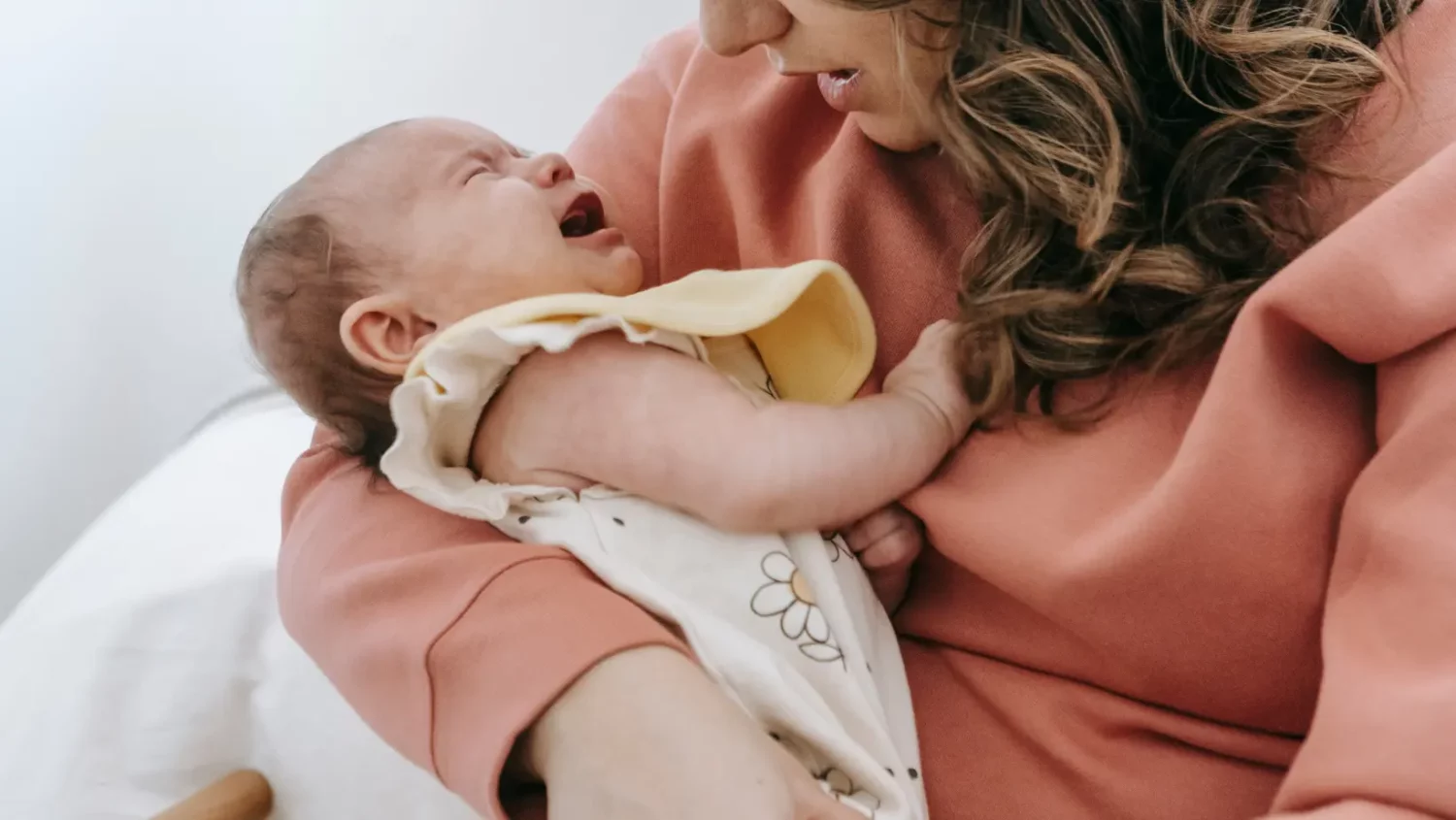To read the start of this entry, go to My Baby is a High Needs Baby.
There are five characteristics of high needs babies, defined below:
1. Hypersensitivity
This characteristic refers to a baby (child) that cries loudly, laughs loudly, is easily surprised. They’re more sensitive both physically and emotionally, they react strongly to any frustration and the unknown. They’re often irritated without apparent reason, emotions are on quick and their reaction is abnormally disproportionate to the situation at hand.
2. Reactivity
Reactivity is the behaviour of a child in the face of change, something that bothers them. They’re overstimulated by sound, hunger, smells. But at the same time they can concentrate longer on a clear task that they like or decided to do. High emotionality leads to instant reactions which are unexpected and often strongly expressed. These children require a lot of attention, you have to listen to them and show them a lot of affection to calm them.
3. Demanding
A high needs baby is demanding on their parents and entourage. The network around these children runs out of energy by constantly meeting their demands. High needs babies are always in a state of emergency and seem capricious, but at the basic level, they’re anxious. The quick response to their needs calms them and allows them to manage their stress and behave in more socially acceptable ways and makes it easier for parents. On the other hand, be careful! Meeting their real needs doesn’t mean giving in to their whims to buy peace!
4. Unpredictable
Reactions of high needs babies are often unpredictable both for the situation and in intensity. Even if you succeed in consoling them during a crisis, the thing you did will likely not have the same effect the next time in similar situations. This means parents always have to find different ways to act on their reactions. These babies get bored quickly and are inconsistent in their reactions. This requires deep patience from the parents and a lot of creativity, which becomes exhausting over time.
5. Physical needs
These babies or children with high needs often require more physical contact than others. Even as a baby, they will sleep little, are easily awakened, often wants to feed and be in the arms of their mother or a comforting person for them. They like skin-to-skin contact, the baby harness, to be rocked, touched and have their hair softly rubbed, for example.
These children move all the time and babies can even be hypertonic, which means they’re rigid, resisting certain situations where they feel they’re in a tight place, cornered. This could be during breastfeeding or wrapped in a blanket. They want to be as THEY want to be.
And the parents?
After reading this you said to yourself, YIKES! And what about the parents? Indeed, there have always been high-need babies in life, but we often called them difficult babies or children, and we really didn’t focus a lot of attention on it. As a parent, you need to be patient, accepting, mourn the perfect child you expected and avoid comparing them to other children. The looks that our children get hurt, and judgments, even if implicit, also hurt parents. They sometimes see their child suffer in certain situations without being able to protect them in their daily lives.
Children with intense temperaments need more than others in terms of care and security. Due to the actions the parents take each day by showing their love, the child will learn to control their reactions as they age. They will then manifest the portion of their personality that is passionate, creative, sociable using all their intelligence.
To continue reading, see the following entry: Save the Parents!


